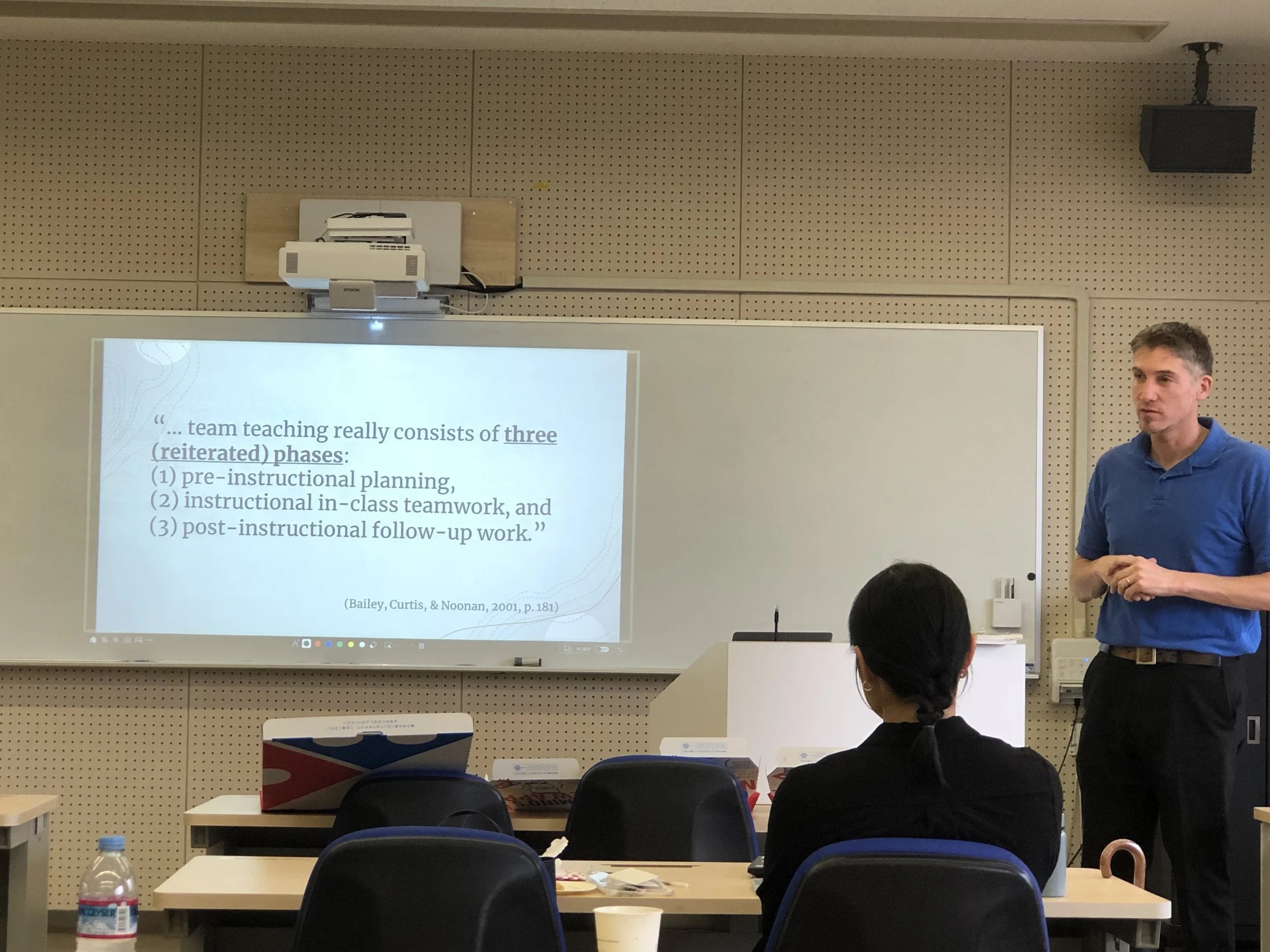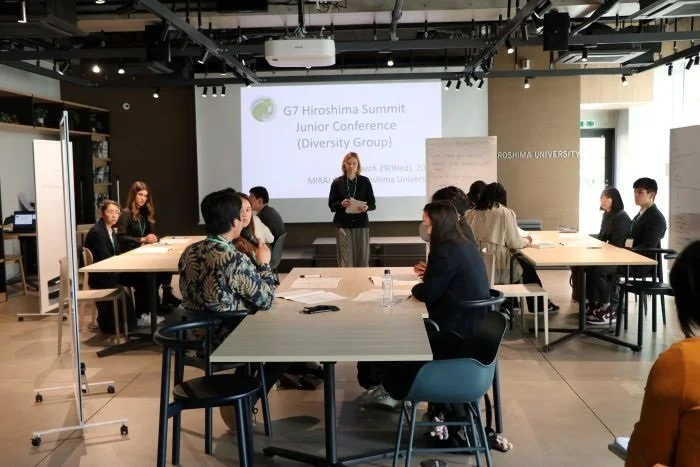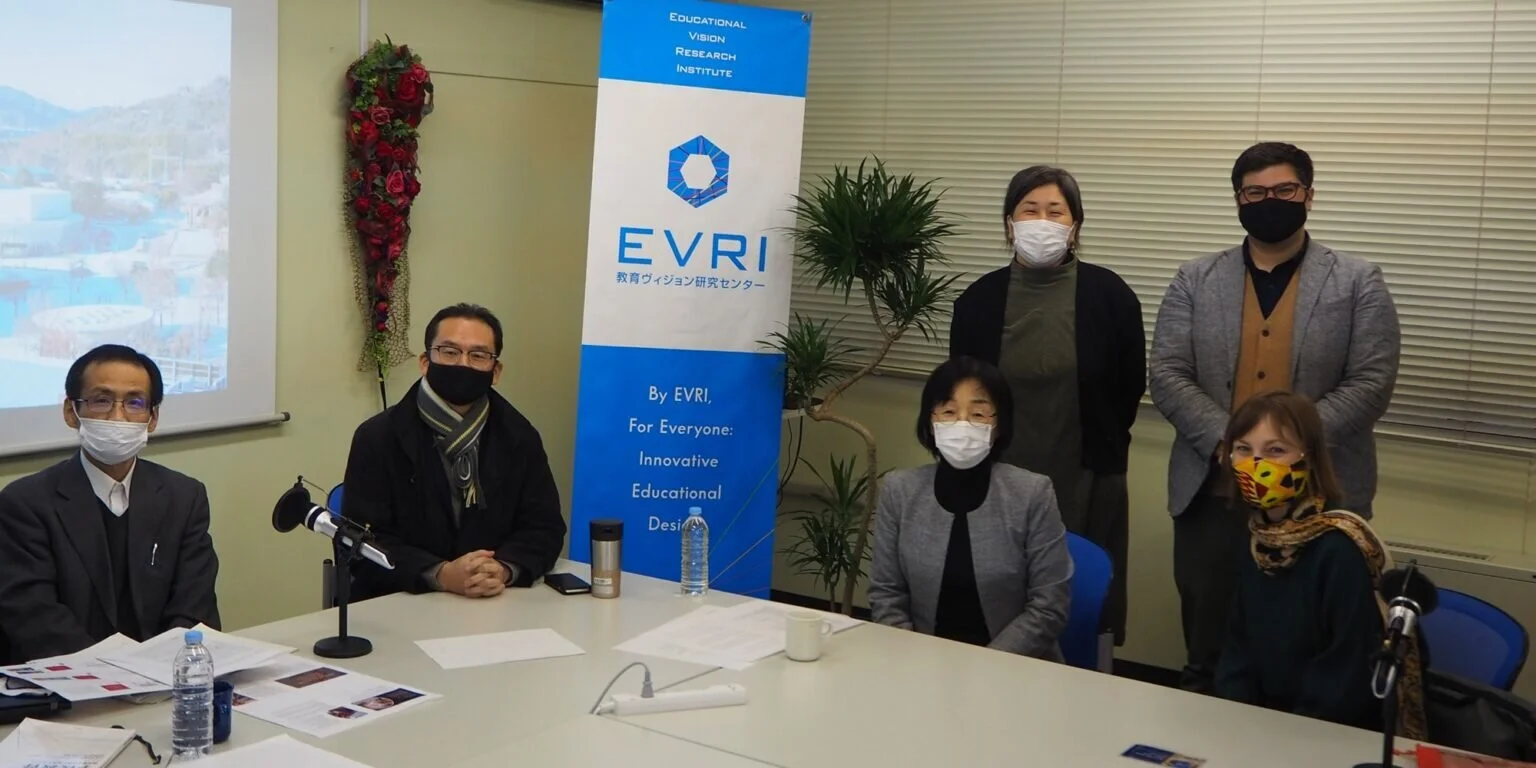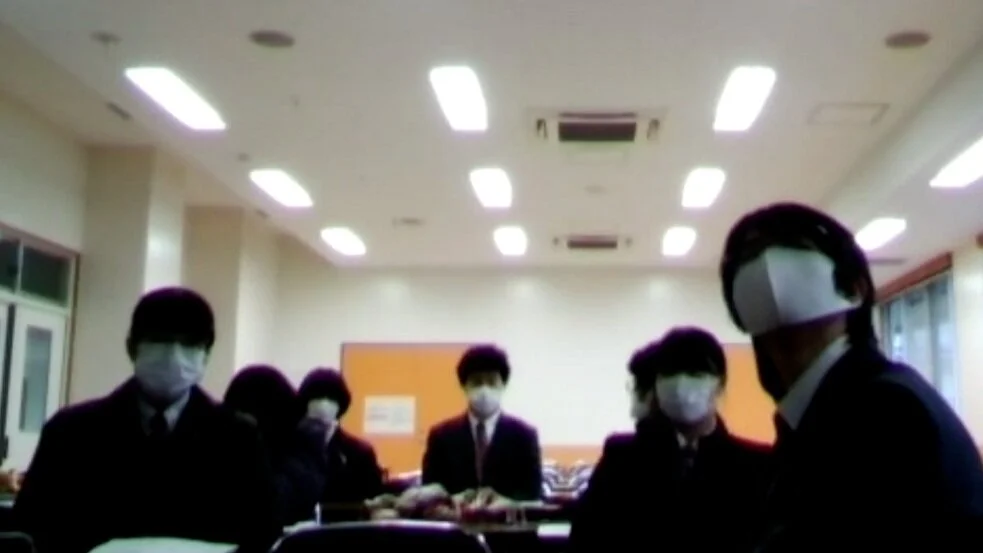An Introduction to the Global Education Course at Hiroshima University
““I could deepen my understanding of ‘culture’ through the course. I learned that culture is shared by particular groups of people, and that might mean including certain groups of people and excluding others. The idea was new and surprising to me… I think [that] deepening the understanding of ‘culture’ is a basis for multicultural understanding and diversity.””
““[Global educators] become more sensitive to these differences, and they are not afraid of those differences, so when [teachers] go out there and see different students in the classroom, they immediately step on their side and view things from their perspective.””
Global Education aND Interculturalism
Training in our program includes unique opportunities for observation and evaluation that are designed to help you grow as an educator with an international posture.
Upon experiencing our teacher training, students are expected to undergo a paradigm shift in pedagogy that leverages an awareness about culturally and linguistically diverse learner characteristics.
Defining Interculturalism
According to Morris, Chiu, and Liu (2015), interculturalism is the “policy of encouraging interaction and dialogue between the different cultural communities in a society, valuing cross-pollination."
As illustrated in the quotes above, both students and instructors make efforts to promote interculturalism in course content and activities.
Courses in Global Education at Hiroshima University
Spotlight on Exclusive Course in Global Education
Course Description: Education in Japan and Around the World
This class introduces students to the comparative study of education around the world. Students learn how education around the world is comparable to that of Japan and specific issues related to contemporary education, international education, and development. This includes a descriptive study of regional based education, with one or more lesson focusing on selected countries. The class is taught in a completely student-centered learning-based manner, requiring students to take turns researching and presenting about a country’s educational system of their choice. Students then also lead a discussion on their chosen country and are assessed on their overall performance.
Exclusively, guest speakers are invited to share their knowledge of the educational system in their home country and their experiences of what school was like for them. The guest speaker’s presentation is the centerpiece of each lesson, as it provides students with firsthand information, the opportunity to ask questions, and helps reduce some of the negative perceptions that may exist about the education system in these other countries. Students are also given time to reflect on the country discussed that day and share their thoughts with their classmates while the teachers facilitate the discussion.












